Home>Articles>What Does The Date On A Smoke Detector Indicate?
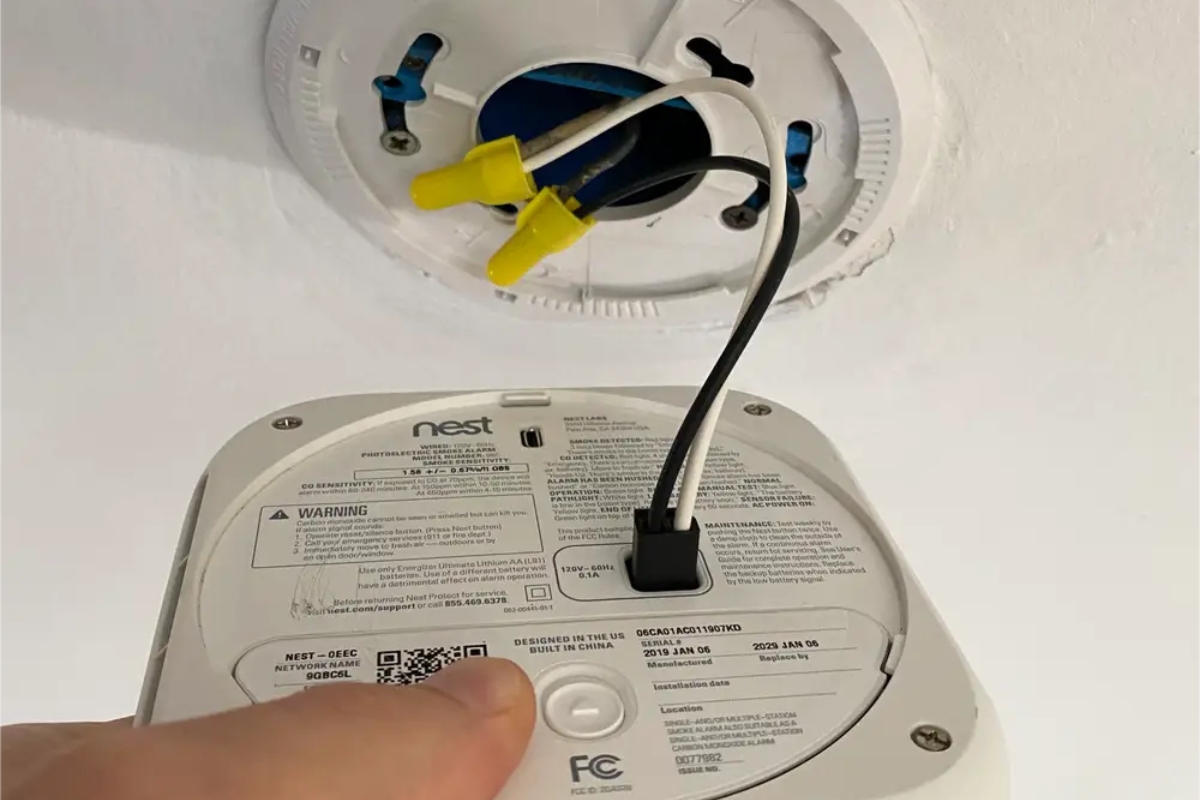

Articles
What Does The Date On A Smoke Detector Indicate?
Modified: December 7, 2023
Discover the significance of the date on a smoke detector in this informative article. Gain insight into when to replace your smoke detector and ensure your home's safety.
(Many of the links in this article redirect to a specific reviewed product. Your purchase of these products through affiliate links helps to generate commission for Storables.com, at no extra cost. Learn more)
Introduction
Smoke detectors are an essential component of every home’s safety system. They provide early detection of smoke and fire, giving residents precious time to evacuate and alerting emergency authorities. But have you ever wondered what the date on a smoke detector actually signifies?
In this article, we will delve into the importance of understanding the date on a smoke detector and what it means for its functionality. We will explore the difference between the manufacturing date and the expiration date and discuss why regularly checking this information is crucial for your safety. Additionally, we will explore the factors that can affect the lifespan of smoke detectors and address some frequently asked questions to provide a comprehensive understanding of this critical safety device.
So let’s dive in and unravel the mystery behind the date on a smoke detector!
Key Takeaways:
- Regularly checking the date on your smoke detector is crucial for ensuring its functionality and your family’s safety. Don’t overlook this simple task to stay ahead of potential fire emergencies.
- Understanding the manufacturing and expiration dates on smoke detectors is essential for maintaining a safe living environment. Stay informed, stay compliant, and stay safe by prioritizing the maintenance and replacement of your smoke detectors.
Understanding the Date on a Smoke Detector
The date on a smoke detector typically refers to either the manufacturing date or the expiration date of the device. It is important to distinguish between these two dates to ensure that your smoke detector is functioning properly and providing accurate fire detection.
The manufacturing date indicates the date when the smoke detector was produced. This information is useful for determining the age of the device and estimating its remaining lifespan. Smoke detectors generally have a recommended lifespan of 8 to 10 years, although this can vary depending on the manufacturer and model. By checking the manufacturing date, you can ensure that your smoke detector is still within its recommended lifespan.
On the other hand, the expiration date represents the date when the smoke detector is no longer guaranteed to function effectively. This date is typically printed on the packaging or on the smoke detector itself. It is important to note that the expiration date does not necessarily mean that the smoke detector will stop working on that exact date. Instead, it serves as a guideline for when you should consider replacing the device to ensure optimal performance.
Understanding the date on a smoke detector is crucial for maintaining a safe living environment. Over time, smoke detectors may become less sensitive or malfunction, compromising their ability to detect smoke and fire accurately. Therefore, it is important to regularly check the date on your smoke detector to ensure that it is still within its recommended lifespan and functioning properly.
In the next section, we will explore the importance of regularly checking the date on your smoke detector to ensure your safety.
Manufacturing Date vs. Expiration Date
When it comes to the date on a smoke detector, there are two key dates to consider: the manufacturing date and the expiration date. Understanding the difference between these dates is vital for maintaining the functionality and effectiveness of your smoke detector.
The manufacturing date indicates the date when the smoke detector was produced. It provides valuable information about the age of the device and helps determine its remaining lifespan. Smoke detectors have a recommended lifespan of 8 to 10 years, but this can vary depending on the quality and type of detector. By checking the manufacturing date, you can ensure that your smoke detector is still within its recommended lifespan and functioning optimally.
On the other hand, the expiration date indicates when the smoke detector may no longer be guaranteed to work effectively. This date is typically provided by the manufacturer and is an approximation of when the detector might start to lose its efficacy. It is important to note that the expiration date does not mean that the smoke detector will suddenly stop functioning on that exact date. Instead, it serves as a warning that the device may no longer perform at its expected level after the specified expiration date.
It’s important to understand that smoke detectors are not infallible devices. Over time, they can become less sensitive or develop faults that compromise their effectiveness. Regularly checking the manufacturing date and expiration date on your smoke detector will help you determine if it’s time to replace the device for optimal safety.
Remember, smoke detectors are a vital part of your home’s safety system, so it is crucial to ensure they are in proper working order. Even if your smoke detector hasn’t reached its expiration date, but it has exceeded its recommended lifespan, it is wise to consider replacing it to stay ahead of any potential issues.
In the next section, we will discuss the importance of checking the date on your smoke detector regularly and why it is essential for your safety.
Importance of Checking the Date
Regularly checking the date on your smoke detector is of utmost importance to ensure the safety of your home and the well-being of your loved ones. Here are a few reasons why this simple task should not be overlooked:
1. Functionality: Smoke detectors have a limited lifespan, typically ranging from 8 to 10 years. Over time, the sensitivity of the smoke detector can decrease, making it less effective at detecting smoke and fire. By checking the date, you can determine if your smoke detector is still within its recommended lifespan and functioning properly. If it has exceeded its lifespan, it is crucial to replace it with a new one to ensure reliable fire detection.
2. Technology Advancements: As time passes, advancements in smoke detection technology occur, leading to more advanced features and improved performance. By checking the date on your smoke detector, you can stay up to date with the latest technology and benefit from enhanced safety features. Older smoke detectors may not have the same level of sensitivity or advanced features found in newer models, putting your home at a higher risk in the event of a fire.
3. Compliance with Codes and Regulations: In many countries, there are regulations and building codes that require homes to have functional smoke detectors. These codes often have specific requirements regarding the age and functionality of the smoke detectors. By checking the date on your smoke detector, you ensure compliance with these regulations and maintain a safe living environment.
4. Peace of Mind: Knowing that your smoke detector is in proper working condition provides peace of mind for you and your family. Fire emergencies can be life-threatening, and early detection is crucial for a safe evacuation. Regularly checking the date on your smoke detector ensures that you have a reliable device that can effectively detect smoke and fire, giving you greater peace of mind in protecting your home and loved ones.
Checking the date on your smoke detector should be part of your regular home maintenance routine. It is a small yet essential step that can make a significant difference in the event of a fire emergency. Make it a habit to check the date on your smoke detector at least once a year, and replace it promptly if it has reached its recommended lifespan.
Next, we will explore the factors that can affect the lifespan of smoke detectors, helping you understand how to maximize their effectiveness.
The date on a smoke detector indicates the manufacture date, not the expiration date. It is recommended to replace smoke detectors every 10 years to ensure they are functioning properly.
Factors Affecting the Lifespan of Smoke Detectors
While smoke detectors have a typical lifespan of 8 to 10 years, various factors can affect their longevity and overall performance. Understanding these factors will help you maximize the effectiveness of your smoke detectors and ensure the safety of your home. Here are some key factors that can impact the lifespan of smoke detectors:
1. Battery Replacement: Smoke detectors can be powered by batteries or be hardwired into the electrical system of your home. If your smoke detector uses batteries, it is crucial to regularly replace them according to the manufacturer’s recommendations. A weak or dead battery can lead to a malfunctioning smoke detector and compromise its ability to detect smoke and fire accurately.
2. Dust and Debris: Smoke detectors are designed to detect smoke particles in the air. However, excessive dust, dirt, or debris can obstruct the sensors and reduce the sensitivity of the smoke detector. Regularly cleaning the smoke detector by gently vacuuming or using a soft brush will help maintain its effectiveness and ensure proper functionality.
3. Location: The placement of a smoke detector plays a significant role in its lifespan and effectiveness. It is important to install smoke detectors in the correct locations, such as near bedrooms and on each level of your home. Avoid placing smoke detectors near air vents, windows, or areas prone to high humidity, as these factors can impact their performance.
4. Environmental Factors: Extreme temperatures and humidity levels can affect the lifespan of smoke detectors. High temperatures can lead to accelerated deterioration of the smoke detector’s internal components, while excessive humidity can cause corrosion or malfunction. To prolong their lifespan, it is best to install smoke detectors in areas with moderate temperatures and humidity levels.
5. Regular Testing and Maintenance: Regularly testing your smoke detectors is vital to ensure they are working correctly. Most smoke detectors have a test button that allows you to check if the alarm sounds. Additionally, it is recommended to conduct a full test of your smoke detectors once a month. Regular maintenance, such as replacing batteries and cleaning, should also be part of your routine to maximize the lifespan and effectiveness of your smoke detectors.
By considering these factors and implementing proper maintenance practices, you can extend the lifespan of your smoke detectors, increasing their reliability and effectiveness in detecting smoke and fire.
Now that we have explored the factors that can affect the lifespan of smoke detectors, let’s move on to addressing some frequently asked questions to provide further clarity on this critical safety device.
Read more: What Does A Smoke Detector Detect
Frequently Asked Questions
1. How often should I check the date on my smoke detector?
It is recommended to check the date on your smoke detector at least once a year. This will help you determine if it is still within its recommended lifespan and functioning properly. Additionally, it is important to regularly test your smoke detector to ensure it is working correctly.
2. Can I use a smoke detector beyond its recommended lifespan?
Using a smoke detector beyond its recommended lifespan is not advisable. Over time, the sensitivity of the smoke detector may decrease, and it may not be able to effectively detect smoke and fire. It is always best to replace your smoke detector once it has reached its recommended lifespan to ensure optimal safety.
3. How can I clean my smoke detector?
You can clean your smoke detector by gently vacuuming or using a soft brush to remove dust and debris from the sensors. Avoid using chemicals or liquids, as they may damage the device. Regular cleaning will help maintain the sensitivity of the smoke detector and ensure its proper functionality.
4. What should I do if my smoke detector is past its expiration date?
If your smoke detector has exceeded its expiration date, it is crucial to replace it with a new one. Even if the smoke detector appears to be functioning correctly, it may not provide reliable smoke and fire detection. Don’t compromise your safety – invest in a new smoke detector to ensure optimal performance.
5. Are all smoke detectors the same?
No, there are different types of smoke detectors available, including ionization smoke detectors and photoelectric smoke detectors. Each type has its own set of advantages and is designed to detect different types of fires. It is recommended to research and choose the right type of smoke detector for your home to ensure the best possible protection.
6. Are there any additional features I should look for in a smoke detector?
Yes, there are several additional features to consider when purchasing a smoke detector. Some advanced smoke detectors offer features such as interconnected alarms, wireless connectivity, and carbon monoxide detection. These features can enhance the safety of your home and provide added peace of mind.
Remember, the safety of your home and family is paramount. Taking the time to understand and maintain your smoke detectors is an essential step in ensuring effective fire detection and early warning. If you have any further questions or concerns, consult the manufacturer’s guidelines or a qualified professional.
Now, let’s conclude this article.
Conclusion
The date on a smoke detector holds valuable information that shouldn’t be overlooked. By understanding the manufacturing date and expiration date, you can ensure that your smoke detector is within its recommended lifespan and functioning optimally. Regularly checking the date is crucial for maintaining the safety of your home and loved ones.
We have explored the factors that can affect the lifespan of smoke detectors, including battery replacement, dust and debris, location, environmental factors, and regular testing and maintenance. By considering these factors and implementing proper maintenance practices, you can extend the lifespan and reliability of your smoke detectors.
Additionally, we discussed the importance of regularly checking the date, following regulations and building codes, and staying informed about advancements in smoke detection technology. These actions not only ensure compliance but also provide peace of mind, knowing that your smoke detectors are there to protect you and your family in the event of a fire emergency.
Remember, smoke detectors are not infallible devices, and they do have a limited lifespan. It is important to replace your smoke detector if it has reached its recommended lifespan or if it exceeds its expiration date, even if it appears to be functioning properly. Your safety should always be the top priority.
In conclusion, by understanding the date on a smoke detector and taking the necessary steps to maintain and replace them as needed, you can rest assured knowing that your home is equipped with reliable and effective fire detection. Regularly checking the date and following proper maintenance practices will ensure that your smoke detectors are always ready to alert you in the event of a fire, providing you with valuable time to evacuate and seek help.
Stay vigilant, stay safe, and don’t forget to check the date on your smoke detector!
Frequently Asked Questions about What Does The Date On A Smoke Detector Indicate?
Was this page helpful?
At Storables.com, we guarantee accurate and reliable information. Our content, validated by Expert Board Contributors, is crafted following stringent Editorial Policies. We're committed to providing you with well-researched, expert-backed insights for all your informational needs.
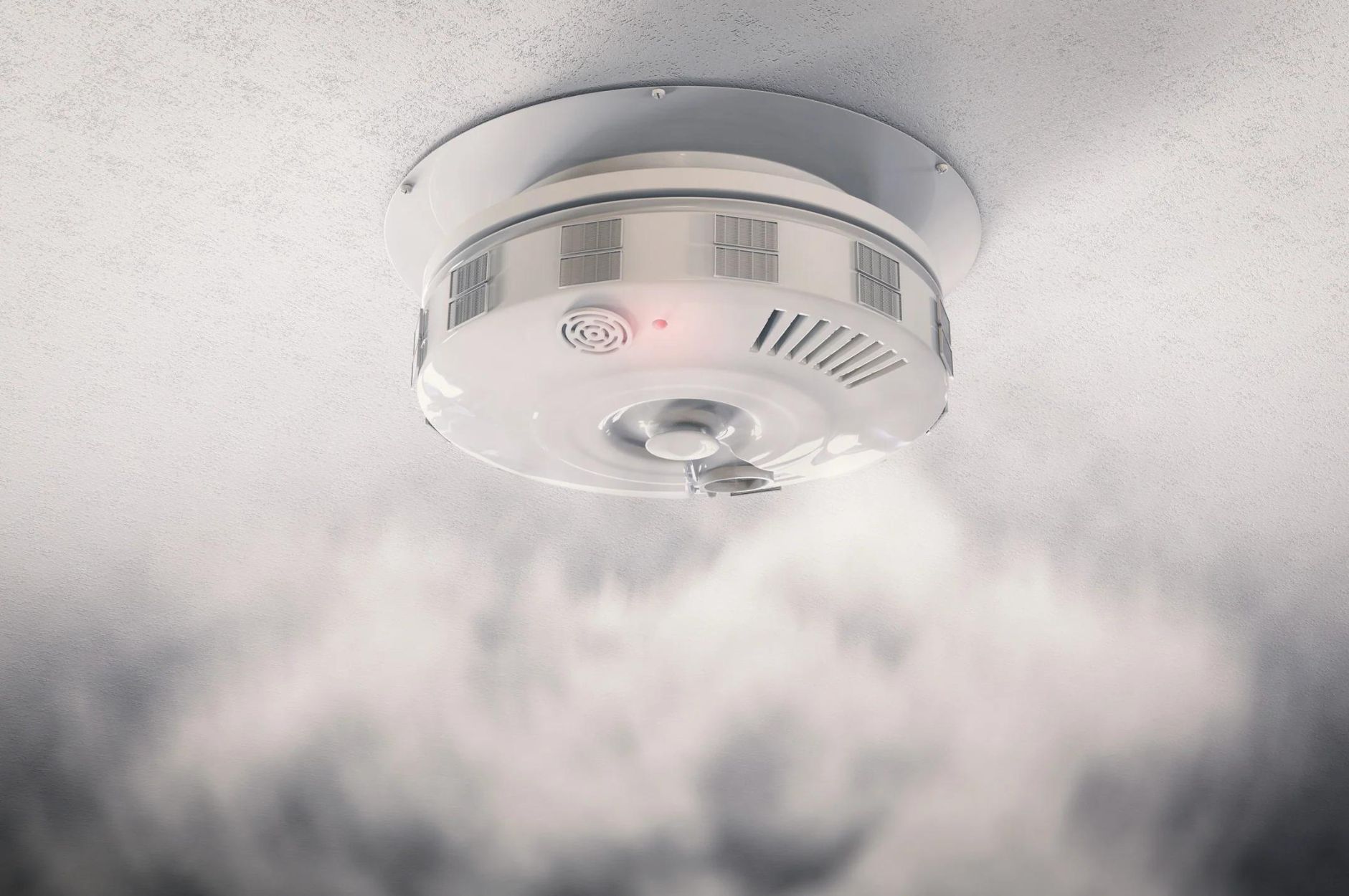
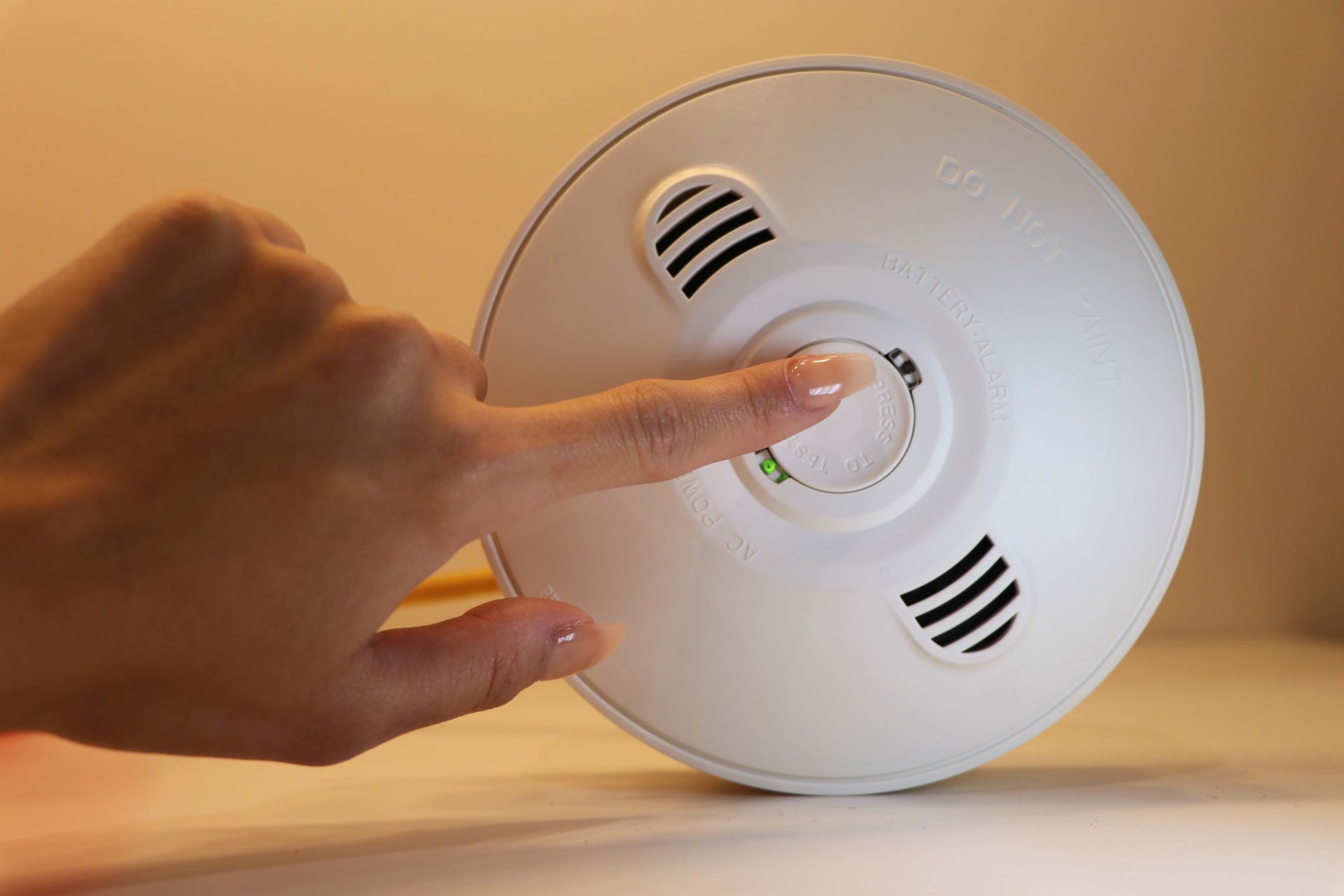

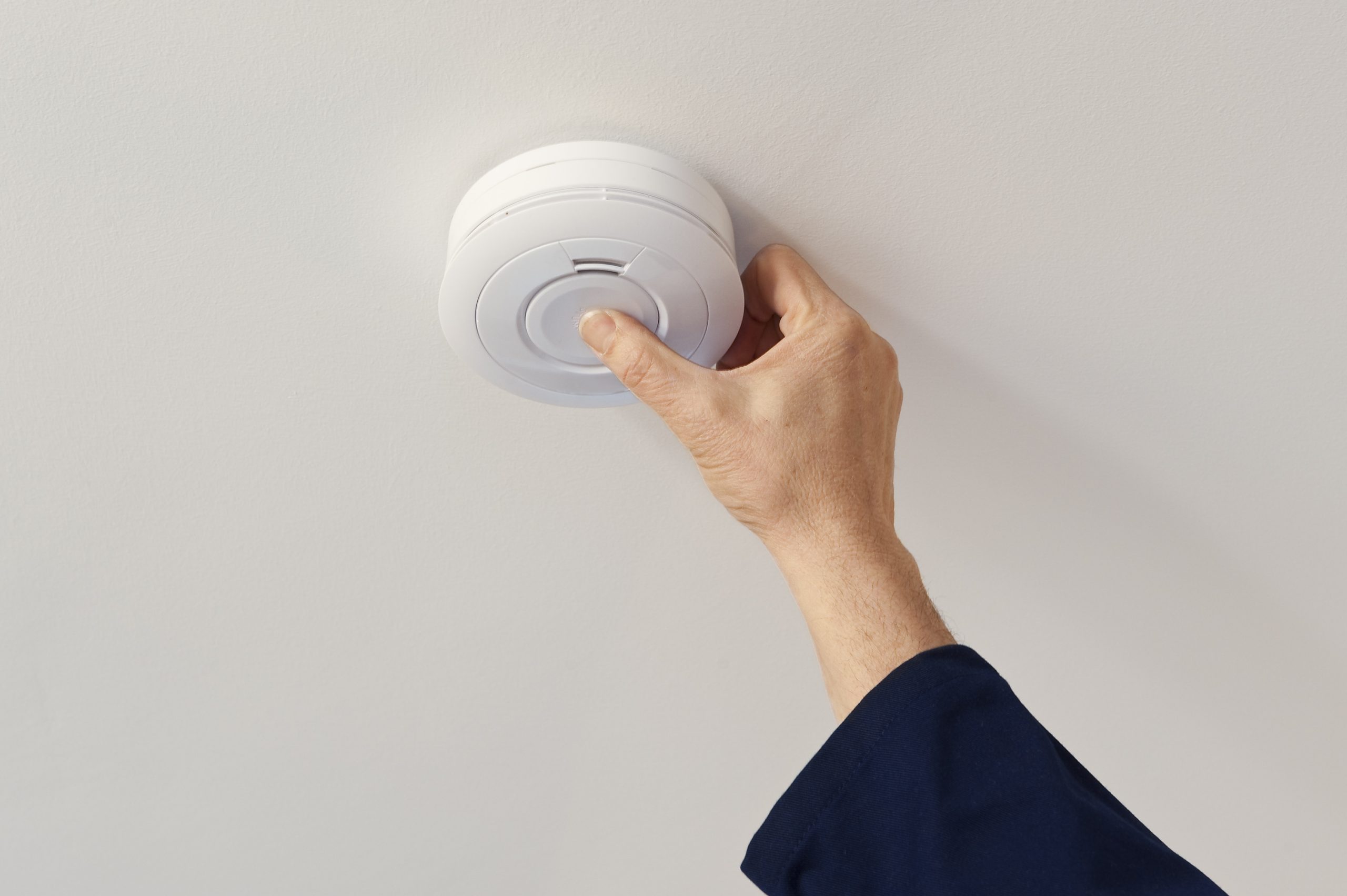
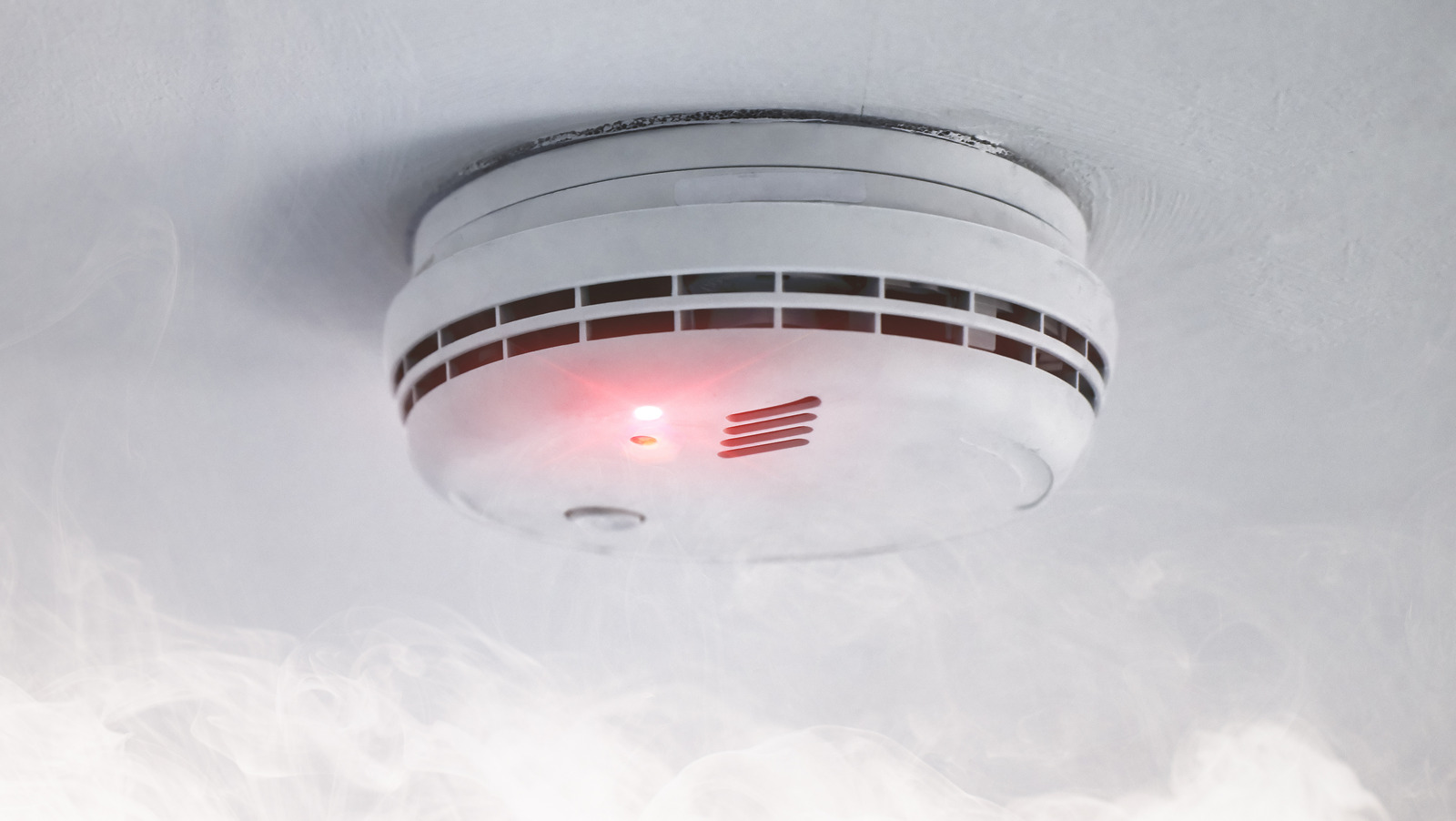
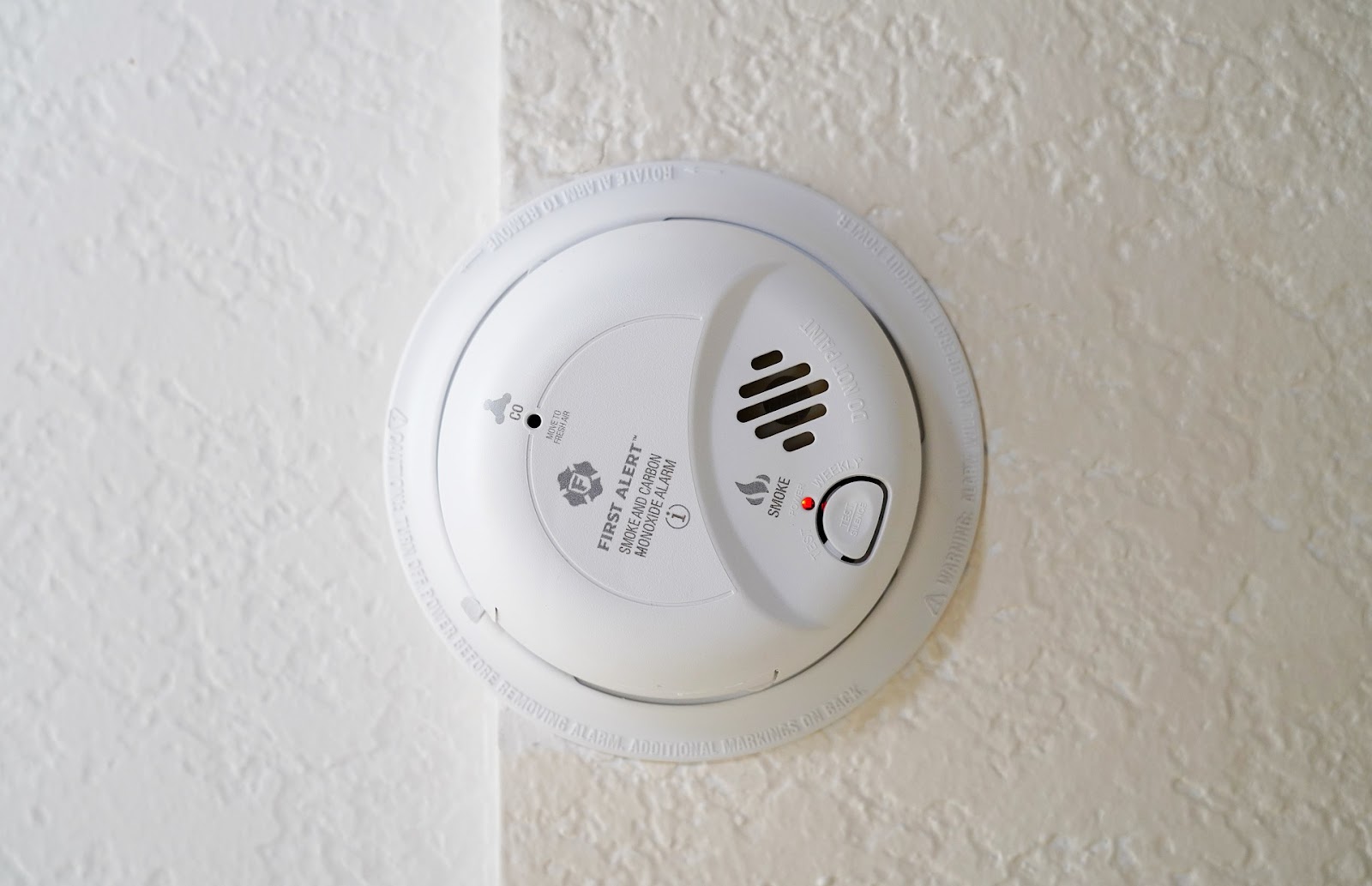
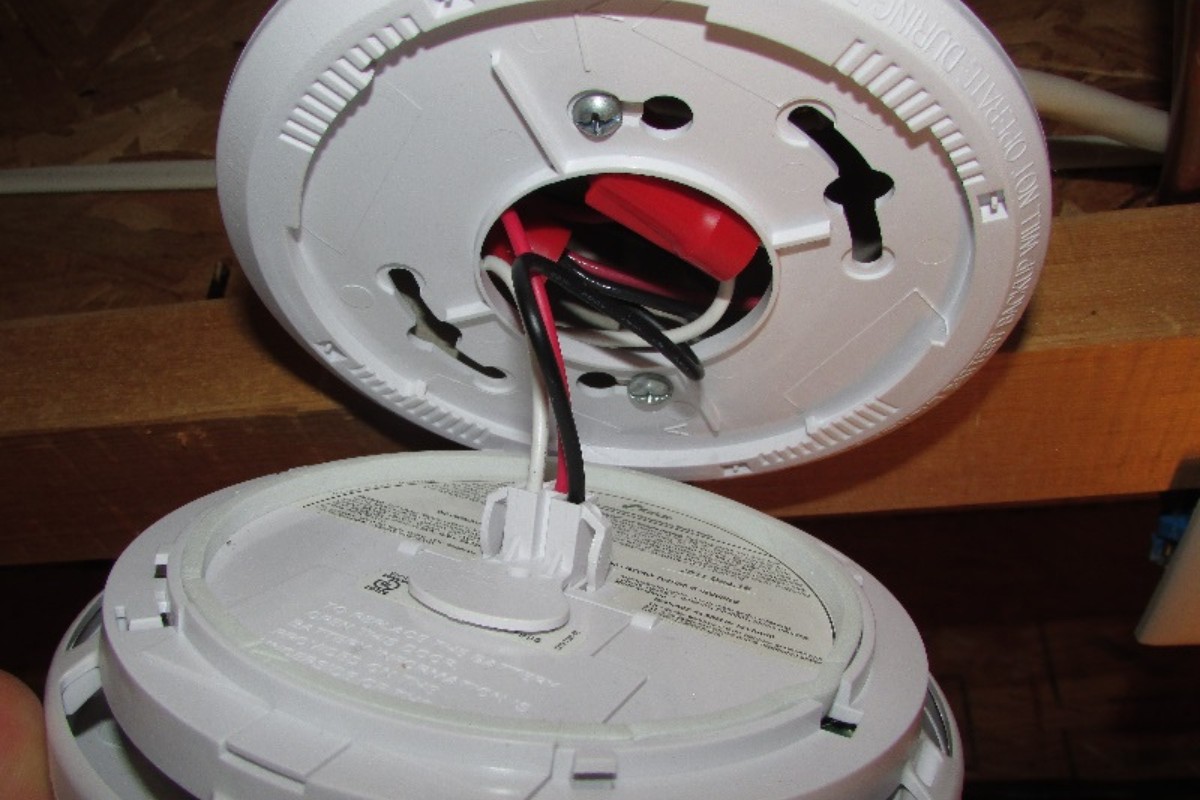
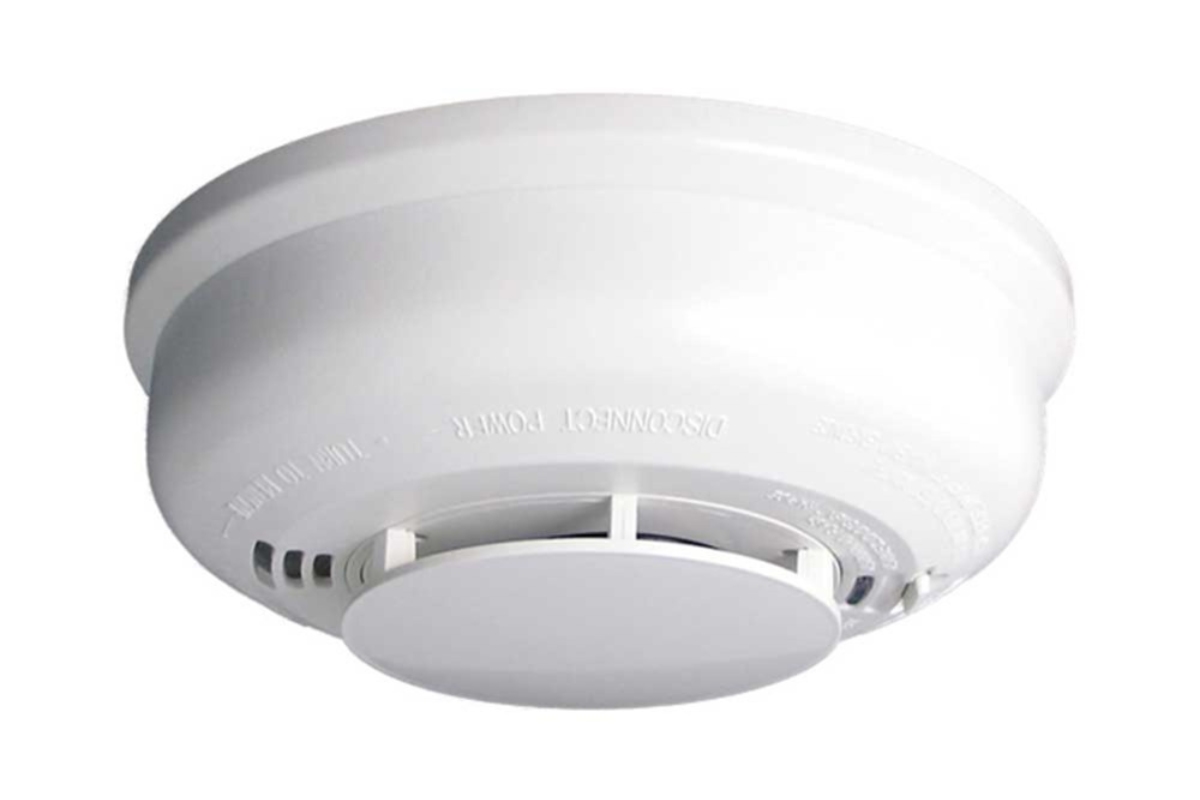
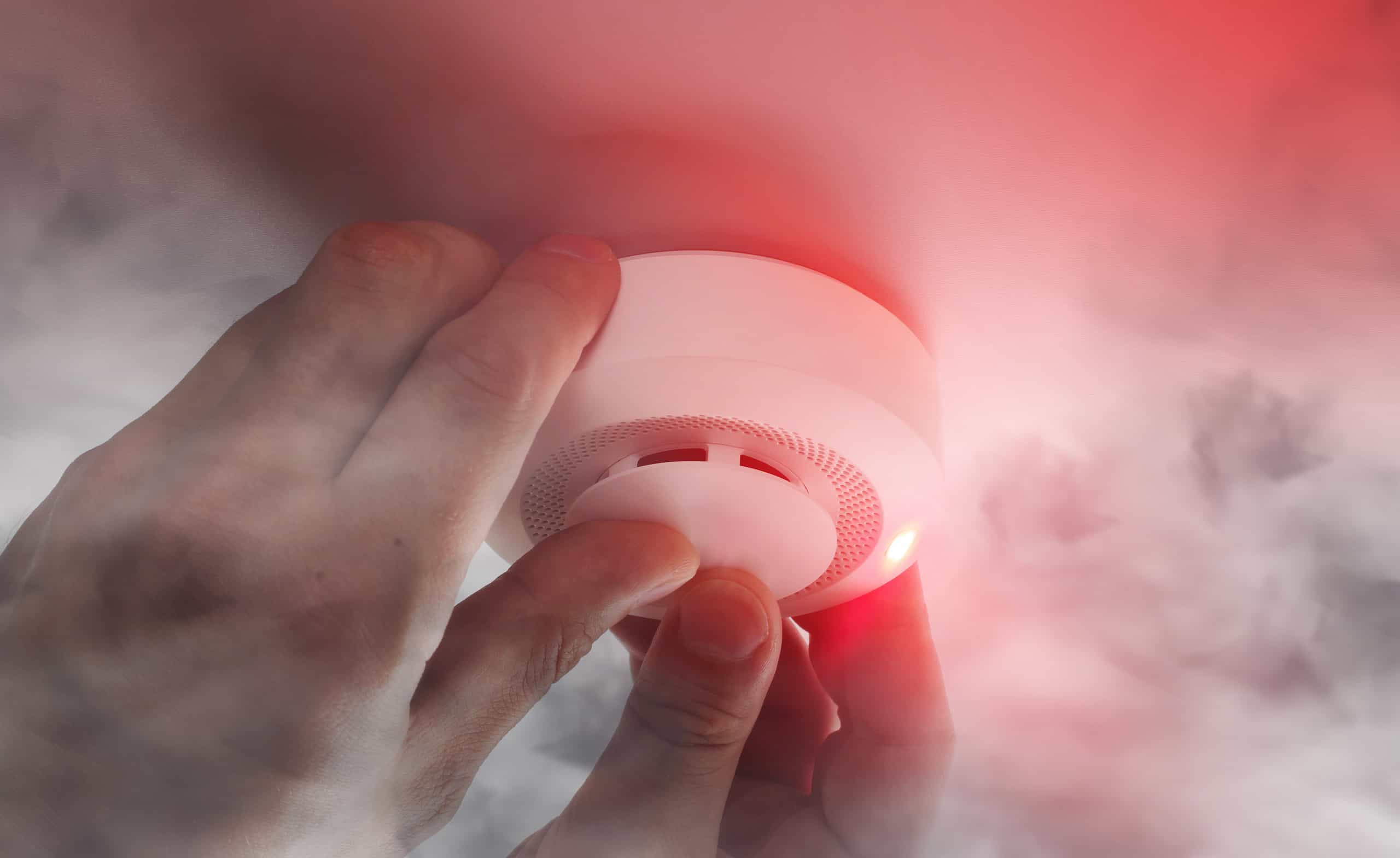
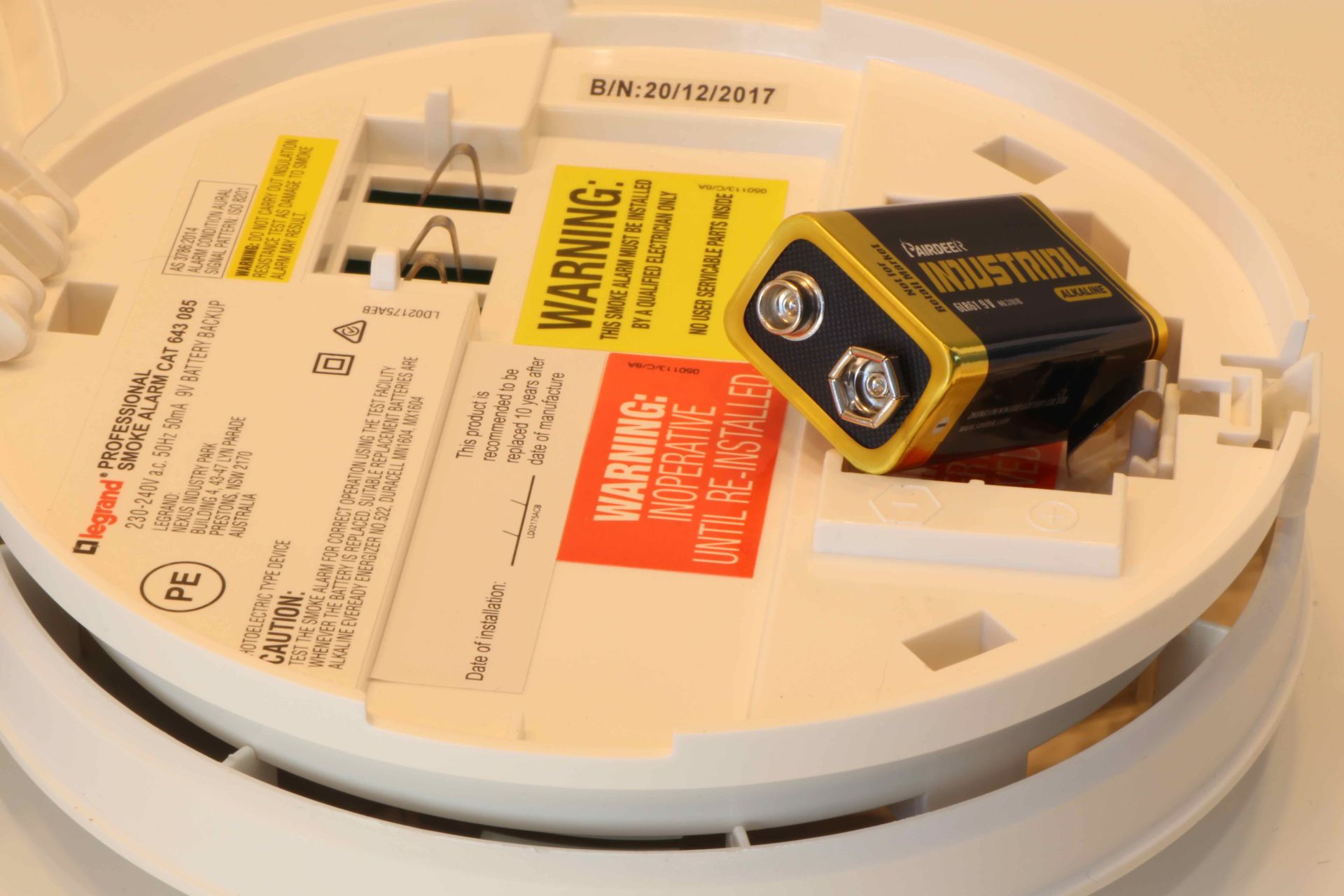
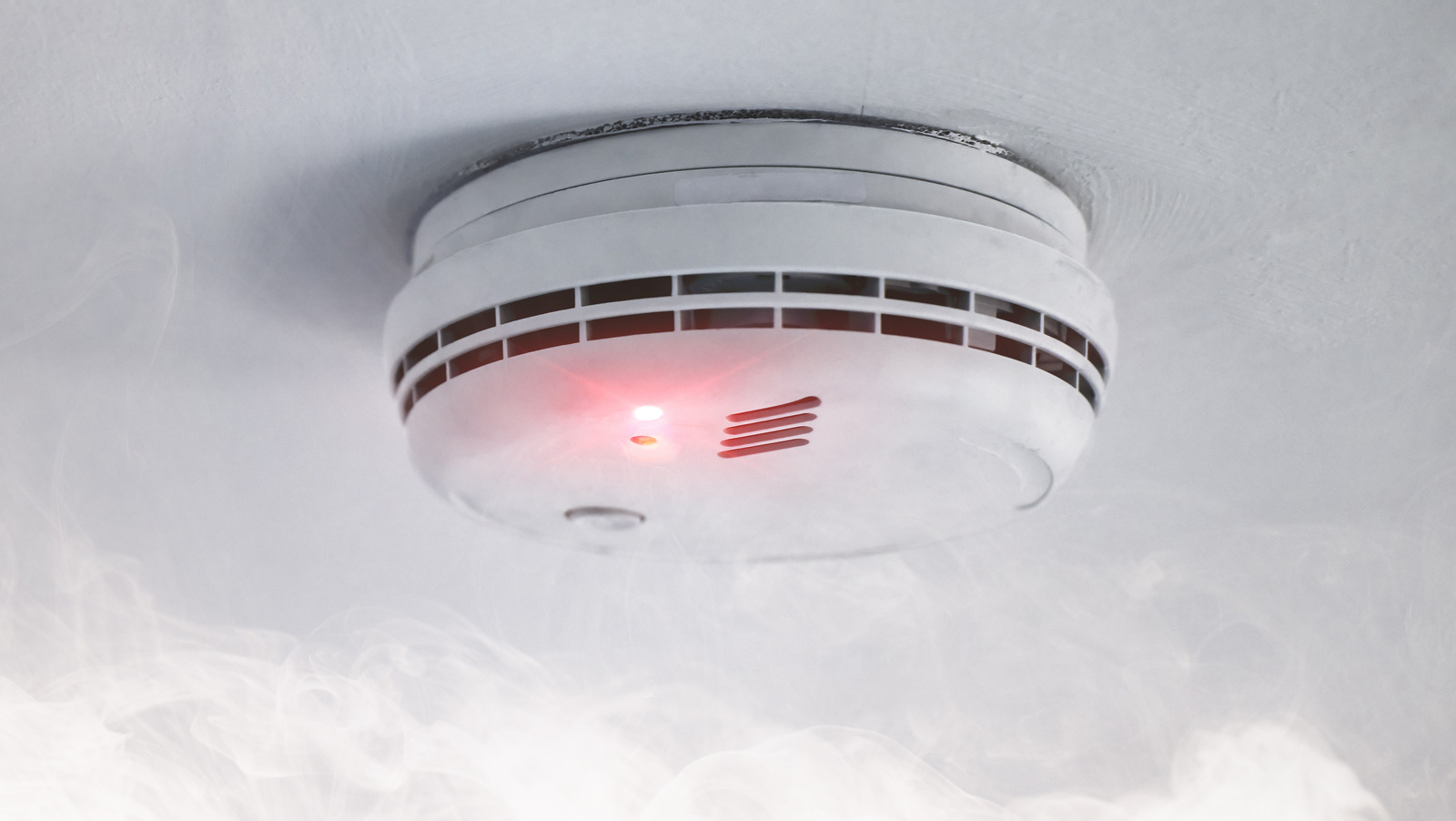
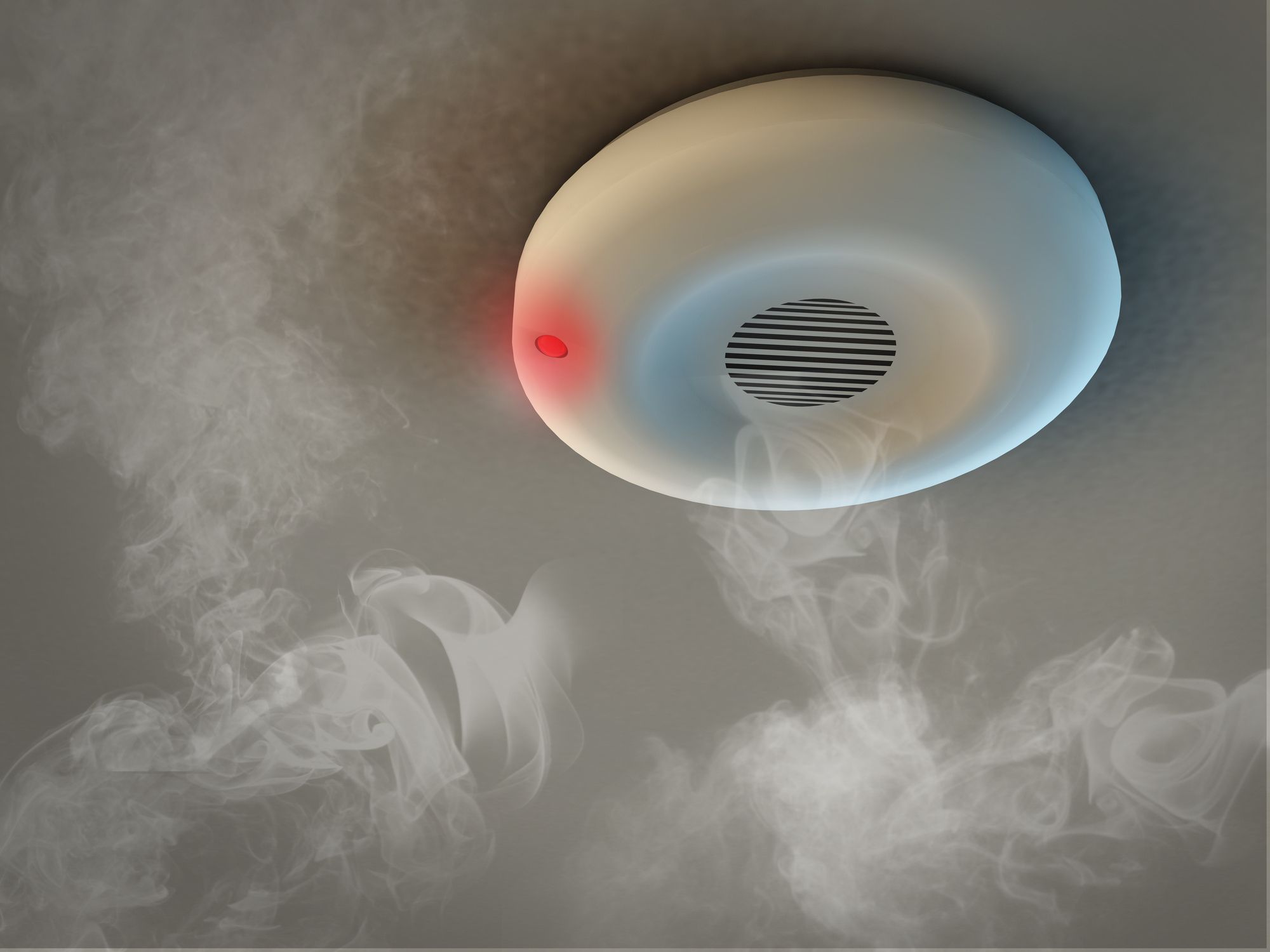
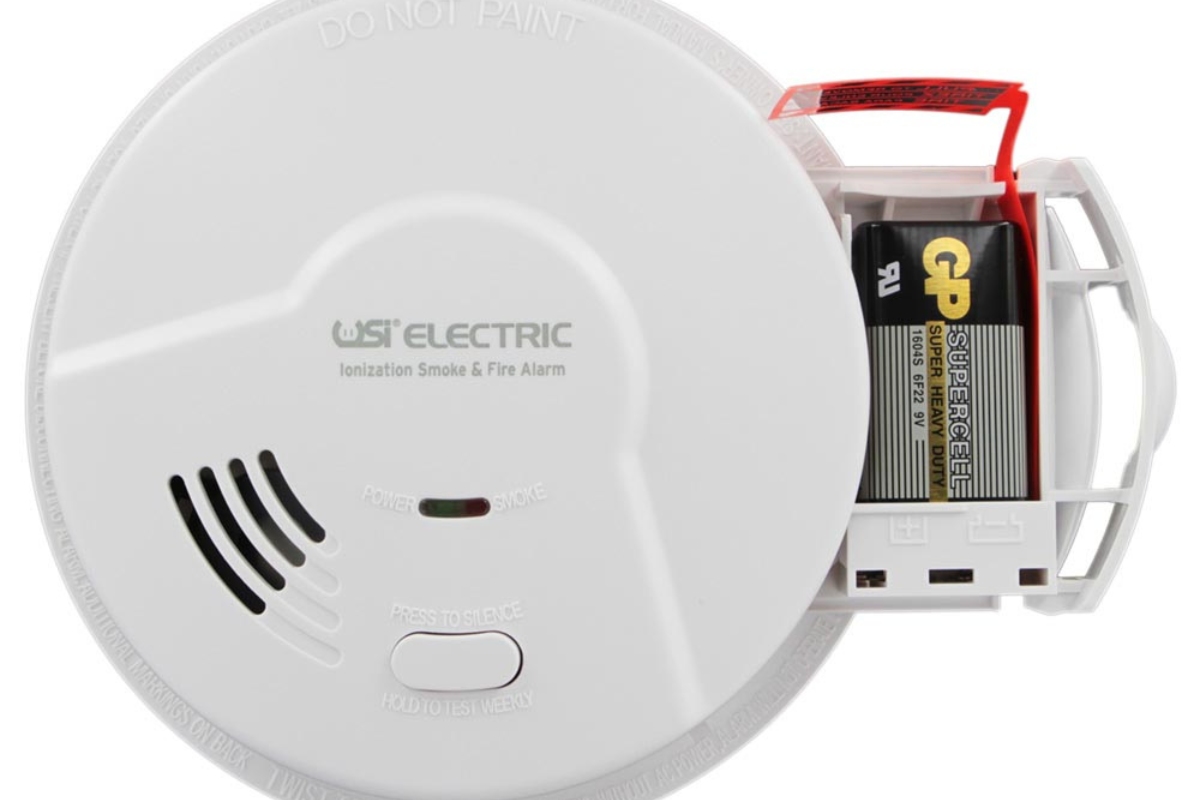
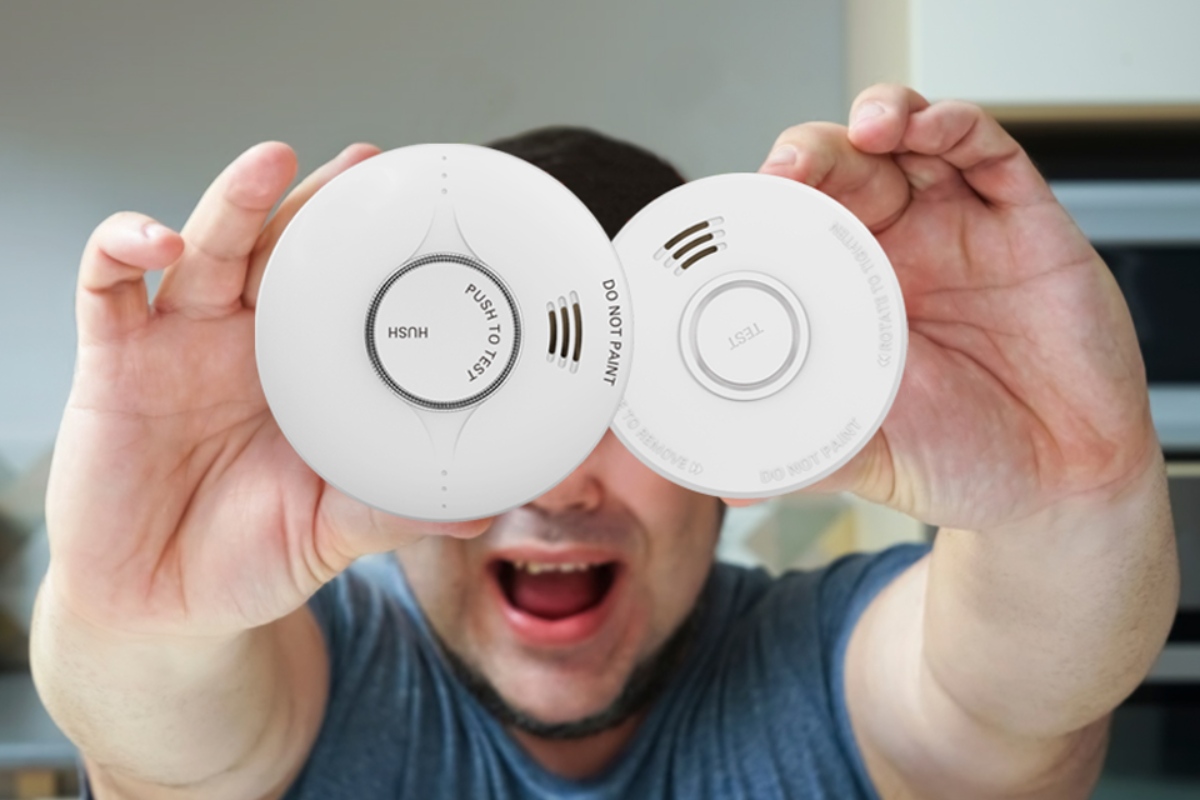

0 thoughts on “What Does The Date On A Smoke Detector Indicate?”